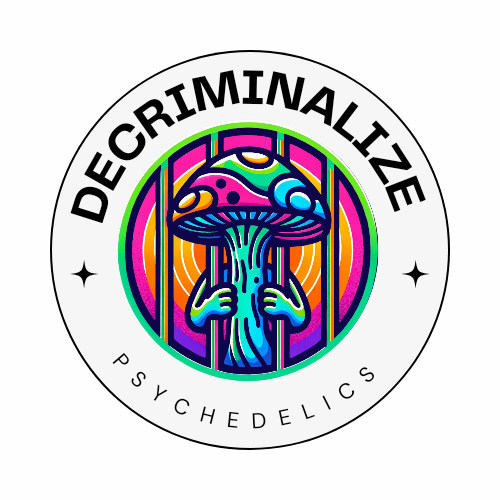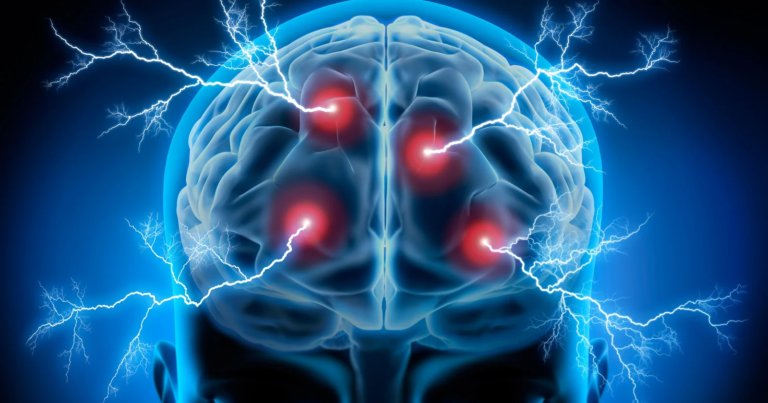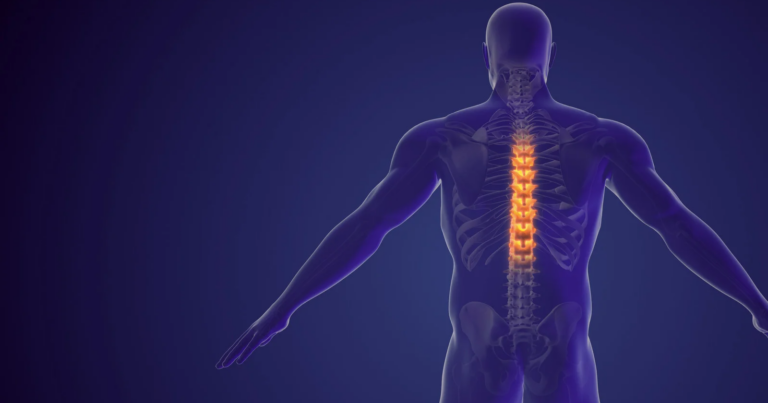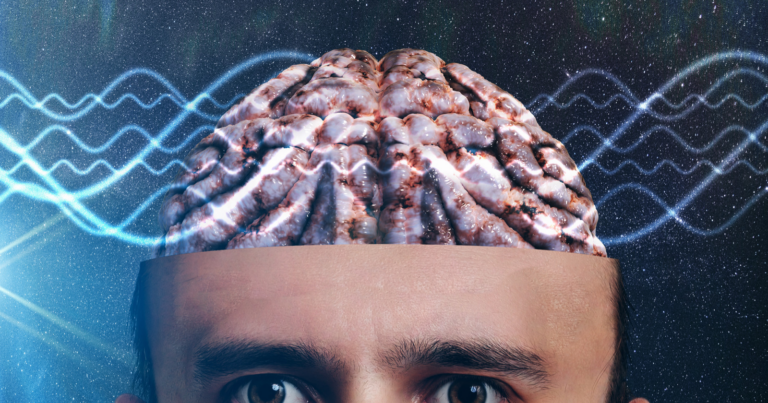Psilocybin mushrooms have been shown to help alleviate the symptoms of Parkinson’s disease.
Recent research suggests these fungi – often referred to as ‘magic mushrooms’ – contain a naturally occurring psychedelic compound that offers significant relief for patients suffering from this neurodegenerative disorder.
Curious?
Read on to learn how psilocybin mushrooms can play a crucial role in managing the symptoms of Parkinson’s disease.
Understanding Parkinson’s Disease
Parkinson’s disease is a progressive nervous system disorder that primarily affects movement.
It’s characterized by symptoms such as tremors, stiffness, and difficulty with balance and coordination.
Over time, the condition can also lead to cognitive and behavioral changes, sleep problems, depression, and other health issues.
The exact cause of Parkinson’s remains unknown, but it involves the degeneration of certain nerve cells in the brain.
Currently, there is no cure for Parkinson’s disease.
But, treatment options are available to help manage symptoms and improve quality of life.
These typically include medications, physical therapy, and in some cases, surgery.
Despite these advancements in medical treatment, many people with Parkinson’s continue to seek alternative therapies to help manage their symptoms.
This is where the potential of psilocybin mushrooms comes into play.
The Role of Psilocybin in Symptom Management
Psilocybin, the active compound in magic mushrooms, has been the focus of numerous studies for its potential therapeutic benefits in managing Parkinson’s symptoms.
This compound interacts with the serotonin receptors in the brain, leading to altered and unusual perceptions.
These effects are not just hallucinatory, but can also lead to changes in mood and cognition.
Researchers have found that psilocybin can promote neurogenesis – the growth of new neurons in the brain.
This discovery has profound implications for neurodegenerative diseases like Parkinson’s, where neuron loss is a significant issue.
Psilocybin has shown promise in alleviating anxiety and depression, common co-occurring conditions in people with Parkinson’s.
It seems to provide a sense of peace and acceptance of the disease, improving patients’ mental well-being.
While these findings are promising, it’s important to note that the use of psilocybin for Parkinson’s is still in the experimental stages.
Further research is needed to fully understand its potential benefits and risks.
But, the existing evidence suggests that psilocybin mushrooms could play a significant role in managing Parkinson’s symptoms and enhancing patients’ quality of life.
Current Research on Psilocybin and Parkinson’s
There’s a growing body of research exploring the potential benefits of psilocybin for people with Parkinson’s.
One promising study from the University of Arizona showed that psilocybin led to a decrease in the overactive neural connections that cause the tremors and other motor symptoms associated with Parkinson’s.
Another study published in the Journal of Psychopharmacology found that psilocybin assisted psychotherapy significantly improved demoralization, anxiety, and depression in patients with life-threatening diseases, including Parkinson’s.
While these studies are encouraging, it’s important to note that they are preliminary.
More extensive clinical trials are needed to determine the safety and efficacy of psilocybin for Parkinson’s patients.
It’s also crucial to remember that psilocybin is a potent psychedelic compound, and its use should always be under the supervision of a healthcare professional.
Despite these caveats, the existing research points to the potential of psilocybin mushrooms as a game-changer in the treatment of Parkinson’s disease.
This line of inquiry opens up exciting possibilities for future treatments and could lead to significant improvements in patients’ quality of life.
Understanding the use of Psilocybin Mushrooms
The use of psilocybin mushrooms is not as simple as it may appear.
First, it’s essential to understand that psilocybin is a powerful psychedelic compound. Its use can lead to profound changes in perception, mood, and cognitive function.
While these effects can be therapeutic, they can also be intense and potentially distressing, particularly for individuals who are not prepared for them.
That’s why it’s crucial to approach psilocybin use with care and ideally under the supervision of a healthcare professional.
The legal status of psilocybin varies around the world. In some countries, including parts of the United States, it’s classified as a Schedule I controlled substance.
This means its use is illegal except for approved medical or research purposes.
Before considering psilocybin as a potential treatment option for Parkinson’s disease, it’s essential to be aware of these considerations.
While the research is promising, it’s crucial to approach this potential treatment option responsibly and with the appropriate caution.
A Closer Look at Psilocybin Therapy
Let’s delve a bit deeper into what psilocybin therapy might look like.
Psilocybin therapy doesn’t just involve taking a dose of psilocybin mushrooms and waiting for the symptoms of Parkinson’s to improve.
In fact, it’s a carefully controlled process that takes into account the individual’s overall health, mindset, and environment.
The process usually begins with a preparatory session where the individual is made aware of what to expect during the psilocybin experience.
This is followed by the administration of psilocybin under the guidance of a trained professional.
During the experience, which can last several hours, the individual is monitored and supported by the therapist. Afterward, there’s an integration session where the individual can process and make sense of their experience.
I believe it’s important to mention that this form of therapy is not a magic bullet for Parkinson’s.
Its aim is not to cure the disease but to help individuals manage their symptoms better and improve their quality of life.
Final Thoughts on Psilocybin and Parkinson’s Disease
The potential of psilocybin mushrooms to alleviate the symptoms of Parkinson’s disease is indeed promising.
But it’s crucial to approach this topic with a growth mindset.
While the research is encouraging, more studies are needed to fully understand the benefits and risks.
What’s more, it’s essential to remember that psilocybin use should always be under the supervision of a healthcare professional.
Encourage an attitude of curiosity and open-mindedness towards new therapeutic options like this one, while always prioritizing safety and legality.
Exploring alternative therapies can be a pathway to personal evolution and improved quality of life for those living with Parkinson’s.











